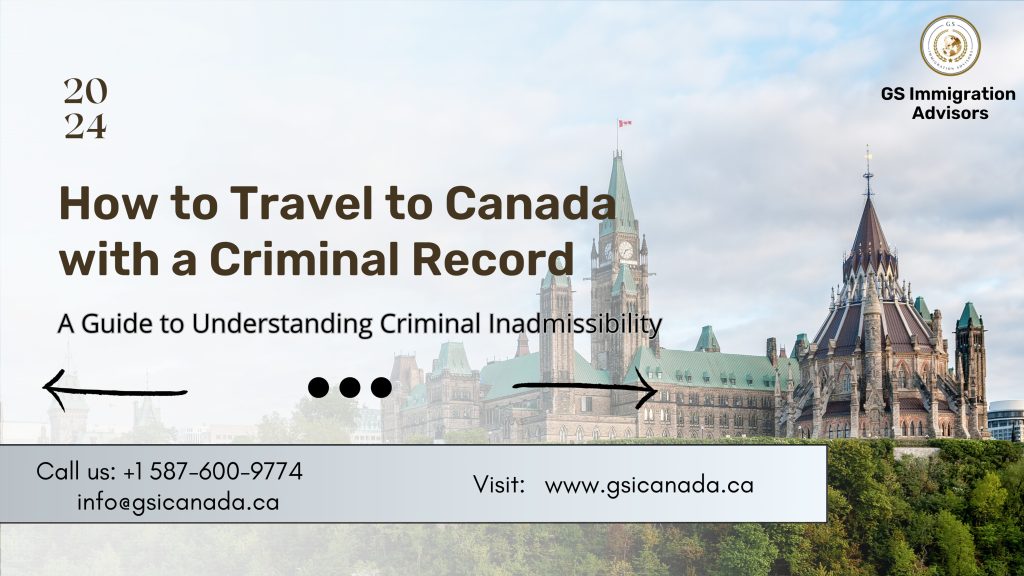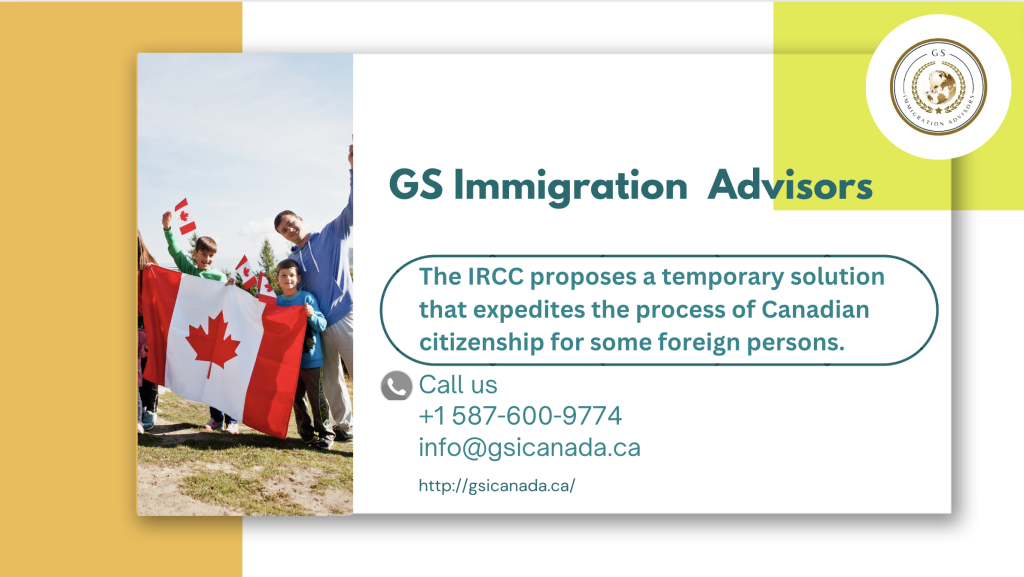British Columbia, Manitoba, Prince Edward Island, and Quebec have extended invitations to apply
Four provinces in Canada have recently issued invitations to apply for provincial programs that may lead to permanent residency. Assess your eligibility for enhanced PNP programs Four provinces in Canada have recently issued invitations to apply for provincial programs that may lead to permanent residency. British Columbia On October 22, the British Columbia Provincial Nominee Program (BCPNP) conducted category-based draws under the Skilled Worker and International Graduate Streams, issuing around 125 invitations. These draws targeted specific occupations, and candidates needed to have job offers from British Columbia to qualify. The minimum scores required varied by category. Draw Type Number of Invitations Minimum Score Childcare 41 83 Construction 10 89 Healthcare 11 99 Tech 60 117 Veterinary Care <5 80 Manitoba Manitoba held its 231st expression of interest draws on October 24, distributing a total of 253 Letters of Advice to Apply. Of these, 210 were for the base PNP and 43 for the enhanced PNP. Candidates in the Skilled Worker Overseas stream had to be invited through a strategic recruitment initiative to be eligible. Stream Letters of Advice Issued Minimum Score Skilled Worker in Manitoba 50 872 International Education 156 N/A Skilled Worker Overseas 47 703 Prince Edward Island On September 20, Prince Edward Island (PEI) issued 48 invitations in its PNP draw, with a minimum points threshold of 97 for business invitations. The province invited candidates from several sectors, including healthcare, construction, trucking, and transportation, particularly those with work permits expiring soon. Only two invitations were issued for business candidates, while the majority—46—went to labor and Express Entry candidates. Quebec On September 19, Quebec issued 1,650 invitations through its Regular Skilled Worker Program. To qualify, candidates needed to demonstrate oral proficiency in French at level 7 on the Échelle québécoise des niveaux de compétence en français (NCLC). They also required either a minimum score of 573 or a valid job offer outside the Montreal area. Quebec typically releases information about its invitations retroactively. Overview of the Provincial Nominee Programs The invitations from British Columbia, Manitoba, and PEI are part of the Provincial Nominee Program (PNP), which is a collaborative initiative between Canada’s federal government and the provinces, including Yukon and the Northwest Territories. Through the PNP, provinces can nominate foreign nationals for permanent residency, with the federal government providing specific allocations for nominations. Each province offers various PNP streams, each with its own eligibility requirements and selection processes. Generally, once a foreign national receives a provincial nomination, they can expect to receive an invitation from the Immigration, Refugees and Citizenship Canada (IRCC) to apply for permanent residency. Base vs. Enhanced PNPs There are two types of PNPs: base and enhanced. In base PNPs, foreign nationals apply directly to the province, and if they are successful, they receive a provincial nomination, usually followed by an IRCC invitation to apply. Enhanced PNPs, however, are linked with the Express Entry system. Candidates must have a valid Express Entry profile to be considered for enhanced PNPs. Receiving a provincial nomination through an enhanced PNP grants candidates an additional 600 Comprehensive Ranking System (CRS) points on their Express Entry profile. If IRCC conducts a draw for which the candidate is eligible, they will receive an Invitation to Apply (ITA) through the Express Entry system. Generally, applications under enhanced PNPs are processed faster—around six months—compared to about twelve months for base PNP applications. Quebec’s Immigration Program Quebec has its own immigration processes and determines its own immigration targets. The province’s immigration ministry, Ministère de l’Immigration, de la Francisation et de l’Intégration, does not require an allocation from IRCC. Individuals wishing to immigrate to Quebec must apply through one of the province’s immigration programs. If successful, they will receive a Certificat de sélection du Québec (CSQ), which they can use to apply to IRCC for permanent residency. Assess your eligibility for enhanced PNP programs





